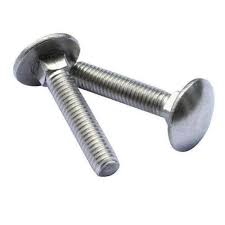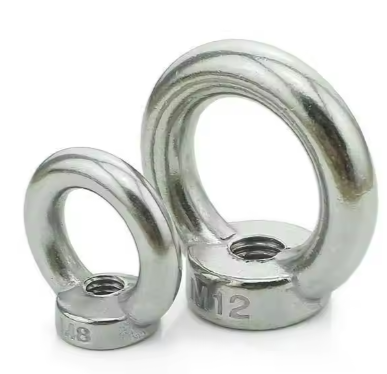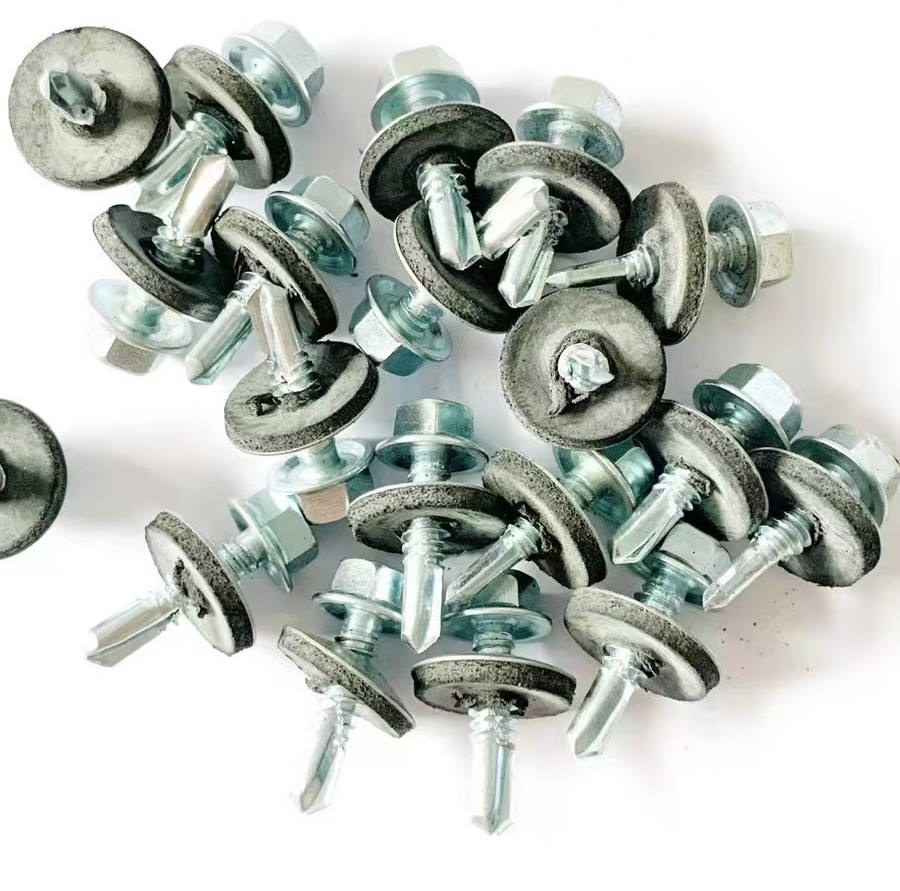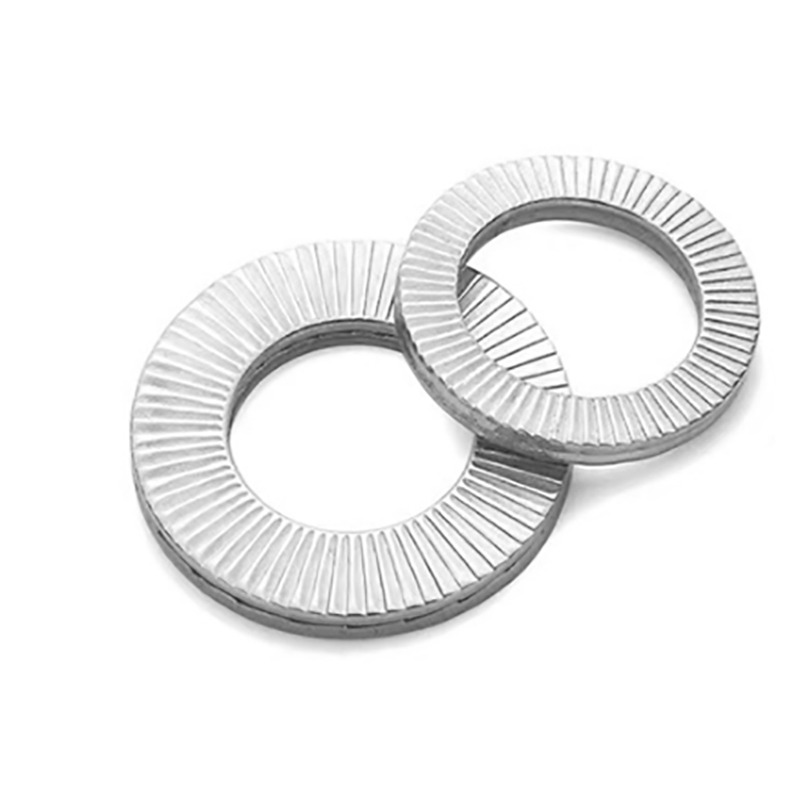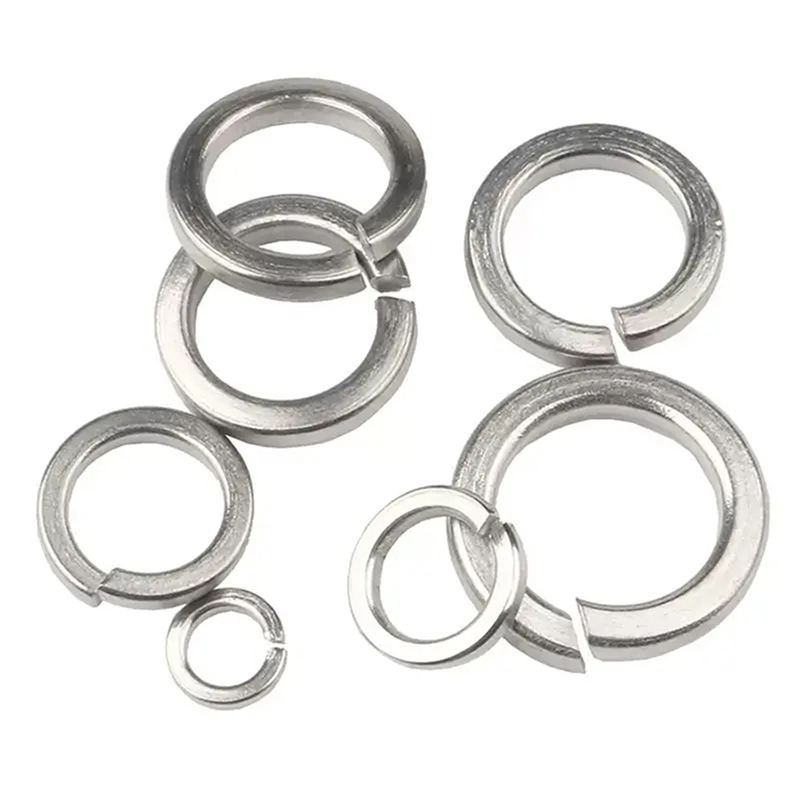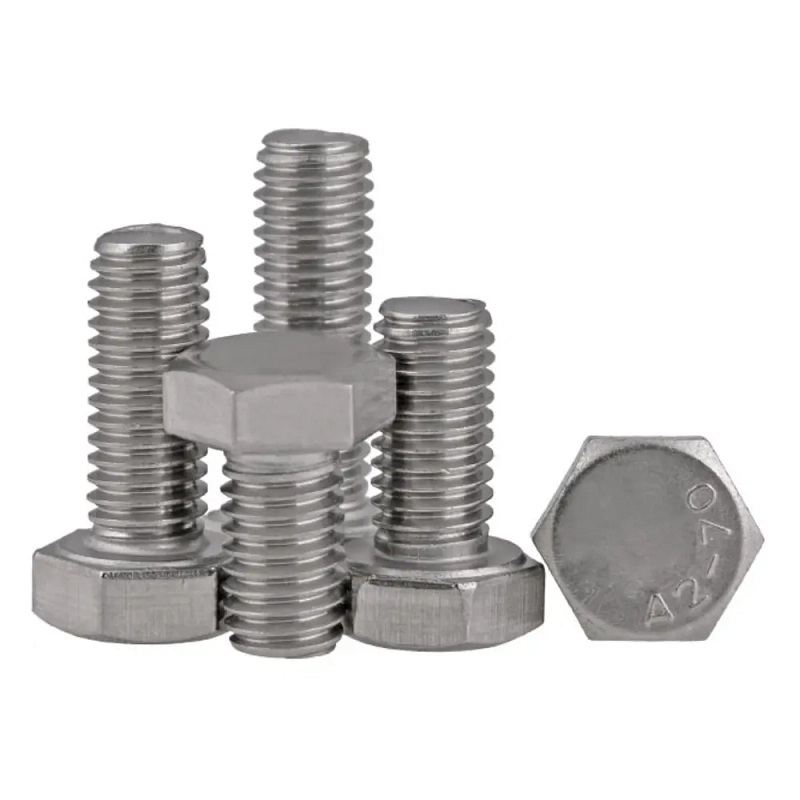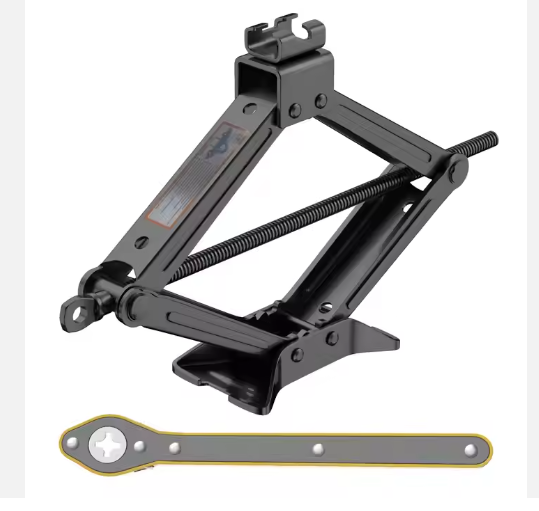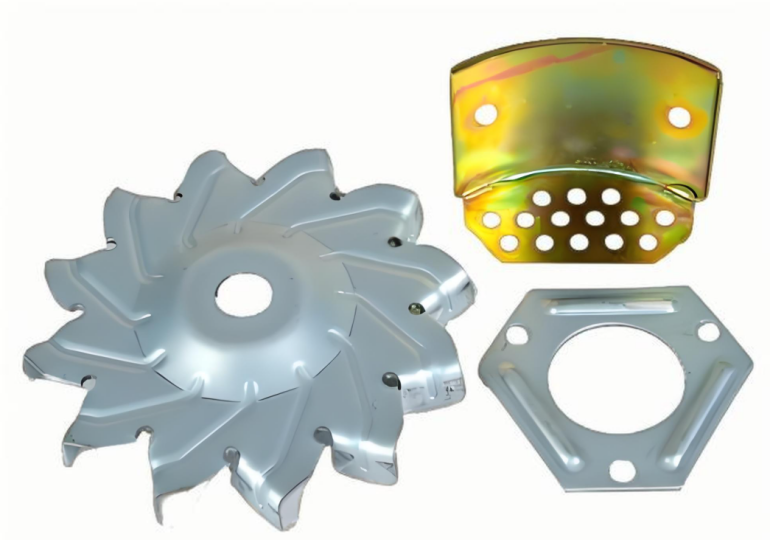

This guide helps you navigate the world of hex nut screw manufacturers, providing insights to select the best supplier for your needs. We cover key factors to consider, including material types, production processes, quality control, and global sourcing options, empowering you to make informed decisions.
The material of your hex nut screw significantly impacts its strength, durability, and resistance to corrosion. Common materials include steel (carbon steel, stainless steel, alloy steel), brass, aluminum, and nylon. Steel is frequently chosen for its strength, while stainless steel offers superior corrosion resistance. Brass provides good electrical conductivity, and nylon is ideal for non-metallic applications. The choice depends entirely on your specific application's demands. For instance, a hex nut screw in a marine environment would necessitate stainless steel for its corrosion resistance.
Hex nut screws come in various thread types (e.g., metric, unified) and sizes. Understanding these variations is crucial for selecting the correct fastener for your project. Consult engineering standards and specifications to ensure compatibility with your application. Accurate sizing prevents issues with fit, strength, and potential damage. Inconsistency in thread types can easily lead to assembly problems and compromised structural integrity.
Reputable hex nut screw manufacturers employ precise manufacturing processes to guarantee consistent quality. Common techniques include cold heading, hot forging, and machining. Cold heading offers high strength and precision, while hot forging is suitable for larger fasteners. Machining allows for more complex designs but can be more expensive. The chosen method depends on the fastener's size, material, and desired tolerance.
Look for hex nut screw manufacturers with robust quality control procedures and relevant certifications (e.g., ISO 9001). These certifications verify adherence to international quality management standards, guaranteeing consistent product quality and reliability. A thorough quality control process minimizes the risk of defects, reducing potential problems during assembly and operation.
Many hex nut screw manufacturers operate globally, offering various sourcing options. Consider factors such as shipping costs, lead times, and import regulations when selecting a supplier. Evaluating the logistical aspects is critical for efficient supply chain management. Collaborating with a manufacturer geographically closer can often reduce lead times and associated costs.
Thoroughly evaluate potential suppliers by considering their experience, production capacity, and customer reviews. Request samples to assess the quality of their products firsthand. Verify their financial stability to avoid potential supply disruptions. A well-established manufacturer with a proven track record of delivering high-quality products is a preferred choice.
While specific client examples cannot be provided due to confidentiality, it's important to note that successful partnerships with hex nut screw manufacturers hinge on clear communication, detailed specifications, and proactive collaboration. Open communication from the outset ensures that expectations are met, leading to a mutually beneficial outcome.
By considering the factors discussed above—material selection, production processes, quality control, and global sourcing—you can effectively select a reliable hex nut screw manufacturer. Remember, choosing a reputable supplier significantly impacts the quality, reliability, and cost-effectiveness of your projects. For high-quality hex nut screws and exceptional service, consider exploring options from trusted suppliers such as Hebei Dewell Metal Products Co., LTD. They provide a wide range of fasteners and offer reliable supply chain solutions.
| Material | Strength | Corrosion Resistance |
|---|---|---|
| Steel | High | Moderate |
| Stainless Steel | High | Excellent |
| Brass | Moderate | Good |
Note: Material properties can vary depending on specific alloying and manufacturing processes. Always refer to manufacturer specifications for precise details.

